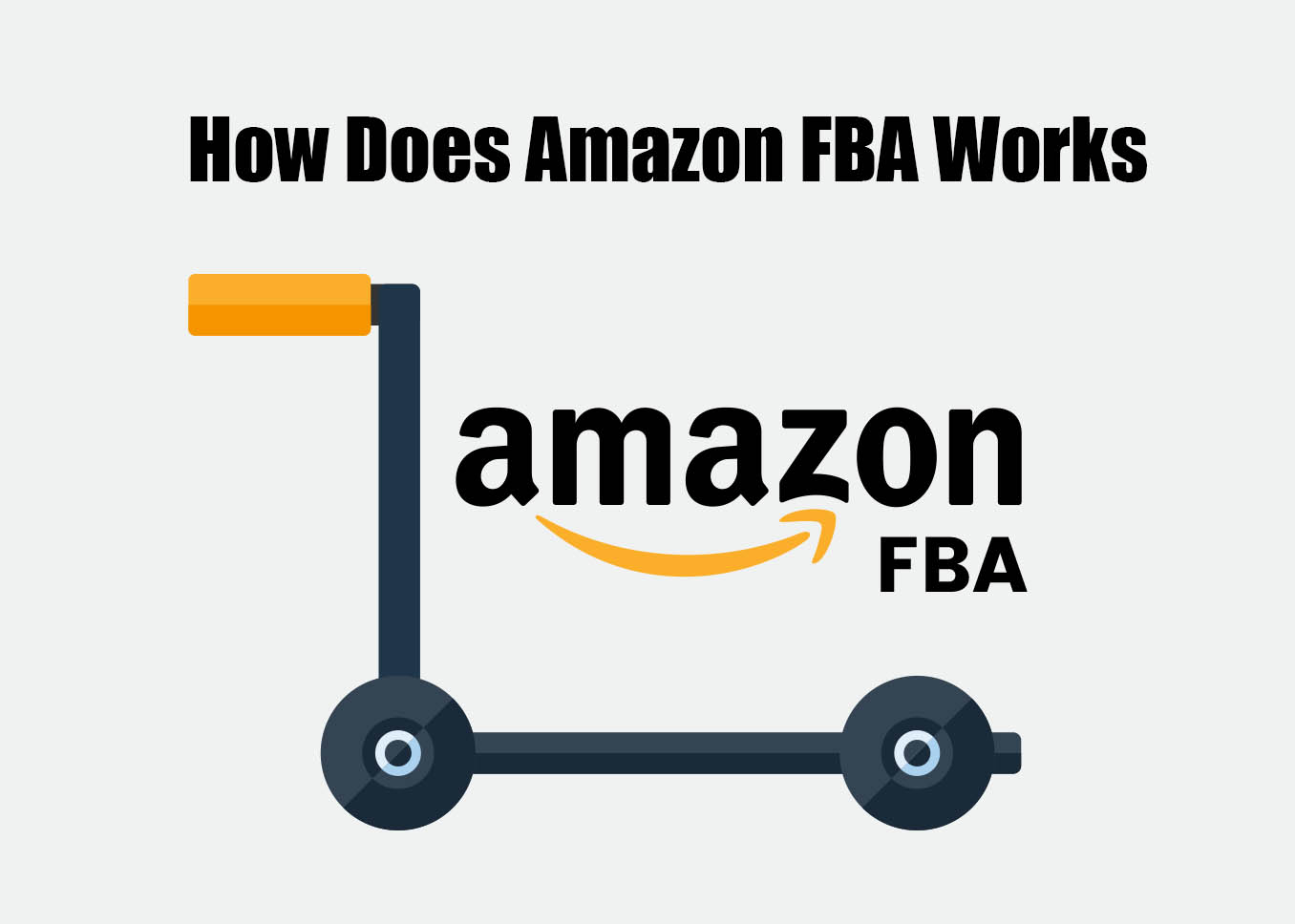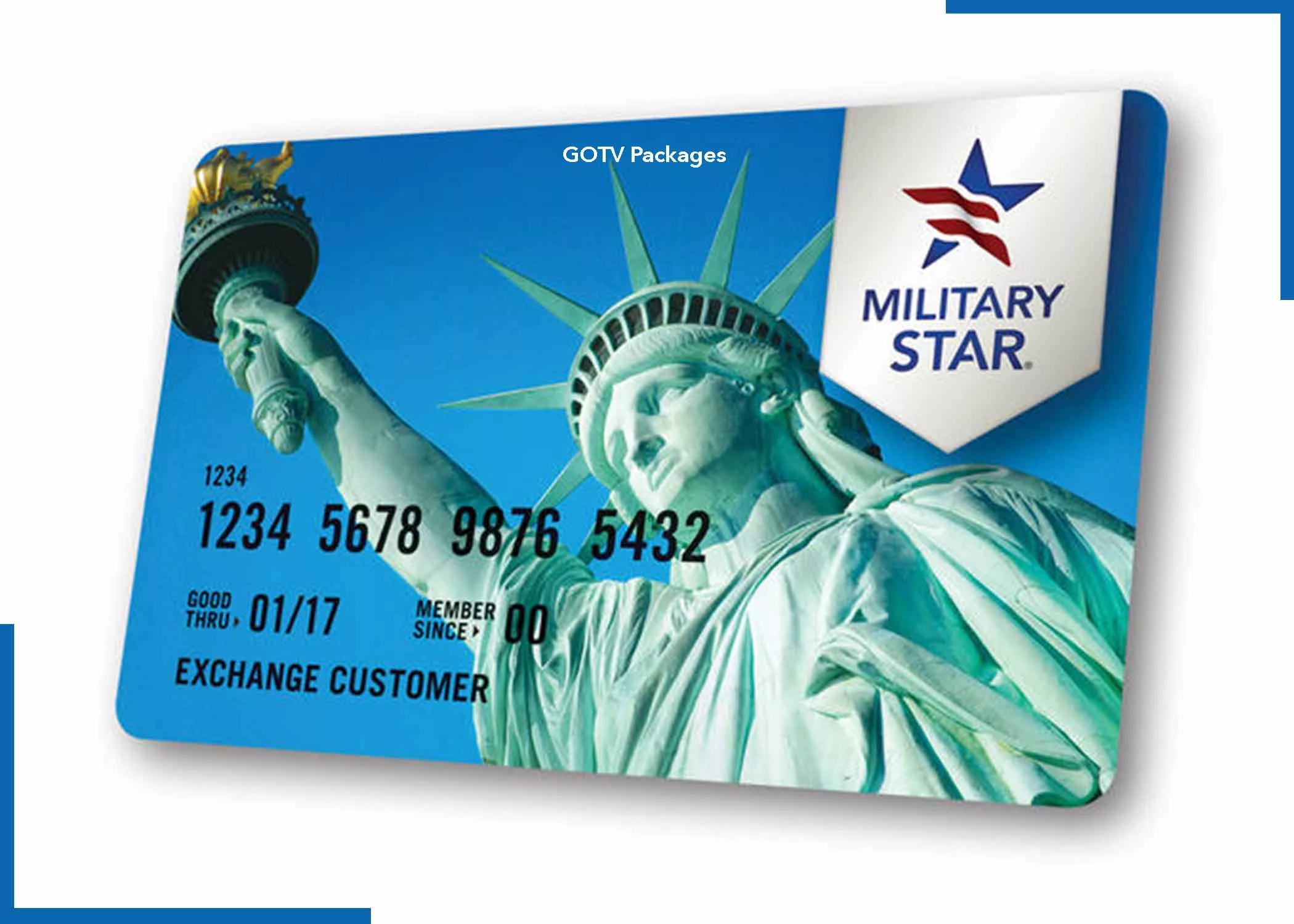Have you been longing to know how the Amazon FBA Works? Then, I must admit that you are lucky to be reading this article right now. In this article, you will get a lot of information concerning Amazon FBA and how it works. For you to catch the information very quickly, you need to read this carefully.
Before I boost your knowledge on how Amazon FBA works, let me enlighten you about FBA. Now, FBA, also known as (Fulfillment by Amazon), is a service that assists Amazon sellers in outsourcing shipping to Amazon.

So, with this fulfilment option, Amazon Stores pick packs, ship, and deliver the product to customers. Amazon also takes care of customer service and returns for those orders.
Now, how Amazon FBA works is a simple but powerful process that can help your online business grow without you investing thousands of pounds. In other words, Amazon FBA requires you to use your normal Amazon selling account as usual.
Then, proceed with some easy instructions to add your products to your FBA section. With just a few clicks, you will be able to enlarge your business in an entirely cost-effective way with the aid of Amazon.
What is Amazon FBA?
Amazon FBA, or Fulfillment by Amazon, is a service that streamlines the order fulfilment process for sellers. Instead of handling storage, packing, and shipping on their own, sellers can leverage Amazon’s vast network of fulfilment centres to store their products, pick and pack orders, and manage shipping and customer service. This is a good option if you’re looking to offload the weight of packing, customer service, and shipping from your end.
How Does Amazon FBA Work?
Amazon Fulfillment Program is the most popular option on the marketplace, and it is very easy to use. Here is how it works;
Product Storage
With the FBA program, sellers send their products to Amazon’s fulfilment centres. Amazon then stores these products in their warehouses, strategically located across the globe. Thus making it easy for sellers.
Order Fulfillment
When a customer places an order on your listings on Amazon, the FBA system automatically selects the product from the nearest fulfilment centre. Amazon staff pick, pack, and ship the product directly to the customer.
Customer Service
Amazon handles all customer inquiries, returns, and refunds related to FBA orders. This allows sellers to offload the customer service aspect of their business to Amazon and have some peace of mind.
Prime Eligibility
FBA products are Prime-eligible, which means they qualify for Amazon Prime’s fast shipping benefits. This can significantly boost a product’s visibility and sales, thus growing your business.
Pros of Using Amazon FBA
Fulfilment by Amazon is a popular service among e-commerce sellers for good reasons, being that it offers some awesome advantages. Here are several pros associated with using it;
1. Prime Eligibility
Products fulfilled by Amazon are eligible for Amazon Prime, providing customers with faster shipping options.
2. Efficient Order Fulfillment
Amazon takes care of the entire order fulfilment process, including picking, packing, and shipping. This frees up time for sellers to focus on other aspects of their business, such as product development and marketing. Thereby enabling growth for their business or brand.
3. Global Fulfillment Network
This program provides access to Amazon’s extensive network of fulfilment centres worldwide. This enables sellers to store inventory strategically, reducing shipping times and costs for both domestic and international orders. With this program, you can sell on the marketplace without having an inventory.
4. Customer Trust and Satisfaction
Prime shipping and the reliability of Amazon’s fulfilment contribute to increased customer trust. Customers often prefer purchasing products with the assurance of quality products and fast and reliable delivery.
5. Customer Service Handling
Amazon FBA takes care of customer service for orders fulfilled through the program. This includes managing inquiries, handling returns, addressing customer concerns, and alleviating a significant workload for sellers.
6. Increased Buy Box Eligibility
FBA products are more likely to win the Buy Box, the featured position on the product listing. This is because Amazon’s algorithm tends to prioritize products fulfilled by Amazon for their efficiency and reliability.
7. Scalability
It is scalable for businesses of all sizes. Whether you’re a small startup or an established enterprise, you can leverage Amazon’s infrastructure to handle fluctuations in order volume and seasonal demand.
8. Multi-Channel Fulfillment
Amazon’s Multi-Channel Fulfillment service allows sellers to use FBA to fulfil orders from other sales channels outside of Amazon. This streamlines the fulfilment process for a seller’s entire e-commerce operation.
9. Access to Prime Day and Special Promotions
FBA sellers gain access to special events like Prime Day, where Amazon promotes deals and discounts for Prime members. Participating in these events can significantly boost sales and visibility.
10. Focus on Business Growth
By outsourcing the logistical aspects of fulfilment to Amazon, sellers can concentrate on growing their business, sourcing new products, and optimizing their marketing strategies.
11. Return Processing
Amazon FBA handles returns on behalf of sellers. This includes inspecting, restocking, and, if necessary, disposing of returned items, reducing the administrative burden on sellers.
12. Enhanced Visibility
FBA products often receive preferential treatment in search rankings and recommendations, leading to increased visibility among Amazon’s vast customer base.
Cons of Amazon FBA
While Amazon FBA offers numerous advantages for sellers on the platform, it’s important to be aware of potential drawbacks and challenges. These are some cons associated with the service;
1. Fees and Costs
- Storage Fees: Amazon charges fees for storing your products in their fulfilment centres. Long-term storage fees may also apply if your products remain in the warehouse for an extended period.
- Fulfillment Fees: The costs for picking, packing, and shipping orders can add up, particularly for larger or heavier items.
2. Limited Control Over Inventory
When your products are in Amazon’s fulfilment centres, you have limited control over the inventory, which includes your orders. If there are issues with your stock, such as damage or misplacement, resolving them can be challenging.
3. Competition for Buy Box
With this fulfilment service, your products are more likely to win the Buy Box. However, this can lead to increased competition for visibility among FBA sellers.
4. Storage Limitations
Amazon may limit the amount of inventory you can send to their fulfilment centres, especially during peak seasons. This can be a challenge for sellers with high-volume products.
5. Removal and Disposal Fees
If you need to remove inventory from Amazon’s warehouses, whether for inspection, return, or disposal, additional fees apply.
6. Third-Party Seller Competition
The popularity of Amazon FBA means increased competition among third-party sellers. It can be more challenging to stand out in a crowded marketplace.
7. Dependency on Amazon
Relying solely on Amazon FBA means your business is highly dependent on the policies and practices of the platform. Whatever changes that happens in fees, rules, or service interruptions can directly impact your operations.
8. Product Handling Concerns
Some sellers have reported issues with how Amazon handles their products, including improper packaging or commingling of inventory. This can potentially lead to customer dissatisfaction.
9. Limited Branding Opportunities
While FBA offers the advantage of Prime eligibility, it limits branding opportunities. Packaging and branding may not be as prominent, reducing the ability to establish a strong brand presence.
10. Returns Management
While FBA handles returns on behalf of sellers, managing and restocking returned items can be a logistical challenge. Sellers may incur additional costs and potential losses on returned products, as the case may be.
Amazon FBA Storage and Fulfillment Fees
These are some of the Amazon FBA Storage and fulfilment fees:
- Inventory Storage Fees
- Long-term storage fees
- Fulfillment fees
- Unplanned service fees
- Removal order fees
- Returns processing fees
Those are some Amazon FBA storage and Fulfillment fees you need to be aware of.
Conclusion
Understanding how FBA works is important, mostly for beginners, so you don’t just go in without knowing the pros and cons associated with it. In this tutorial, we have shared everything you need to know about the fulfilment service, including the fees. Now, the ball is in your court, so streamline if this will be good for your business or brand.
Frequently Asked Questions
How does one Get paid on FBA?
Want to know how you will get paid? Well, with Amazon’s FBA service, you can be paid using their automatic Clearing House (ACH), which sends the money into your bank account. You can decide to choose an electronic funds transfer, depending on your preferences.
Does Amazon Charge you for FBA?
The Inventory storage fees are charged monthly based on the daily average volume of the space your inventory occupies in Amazon fulfilment centres. The volume measurement is based on unit size when properly packaged and ready to ship.
Who pays for the Shipping with FBA?
As an FBA seller, you do not need to pay for Shipping, Handling, or packing to ship any of your goods. Instead of that, Amazon’s fulfilment employees pick, pack, and ship your products for you. To cover these costs, you are charged an FBA fee, which is determined by the size and weight of your product.
Who is Qualified or Eligible for FBA?
Fulfilled by Amazon, popularly known as FBA is the product inventory storage and shipping service that is offered by Amazon. Now, if you can successfully create an account to sell on Amazon and adhere to the product restrictions and inventory requirements, you will be eligible for FBA.
Also, Check Out:



